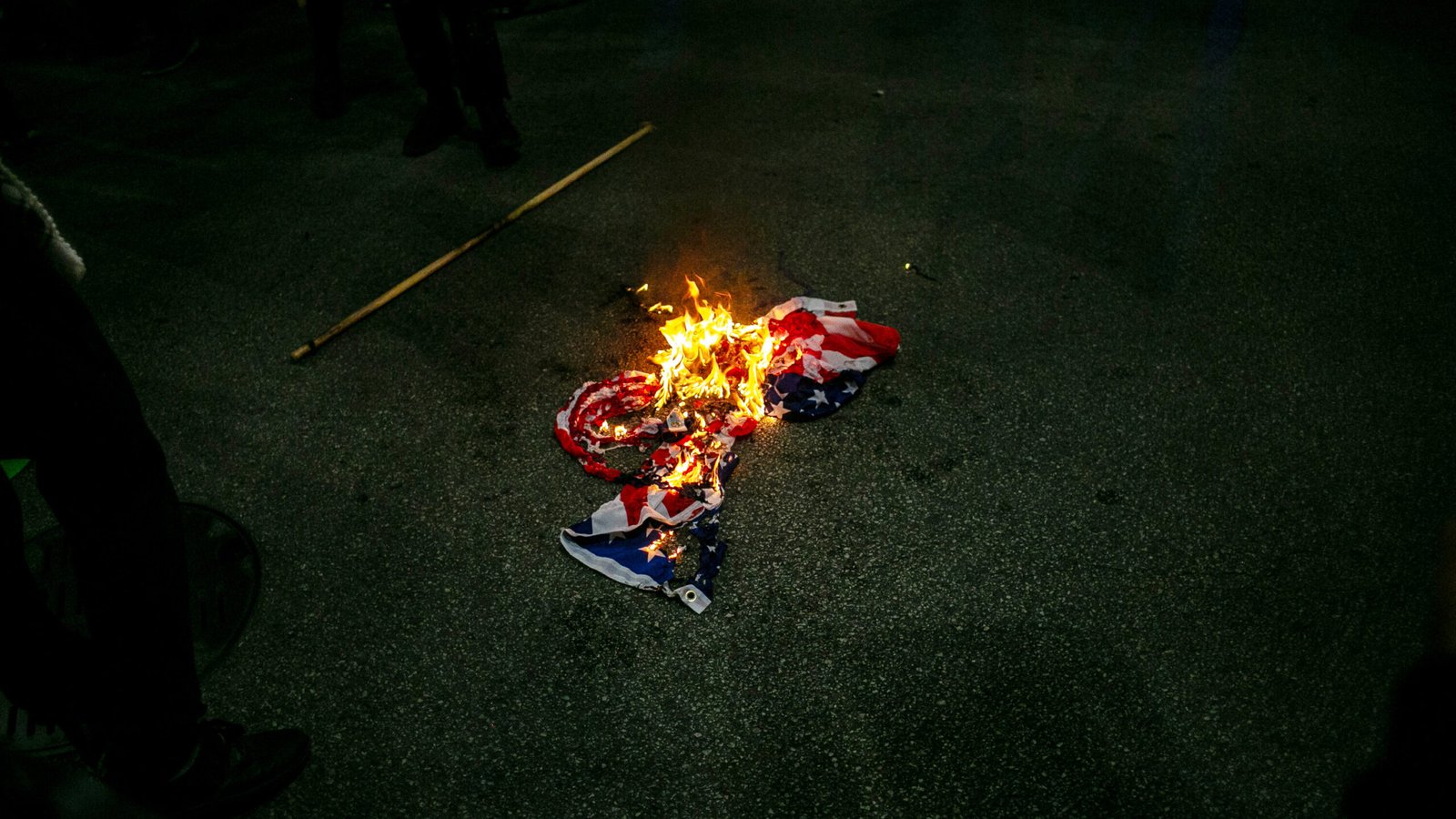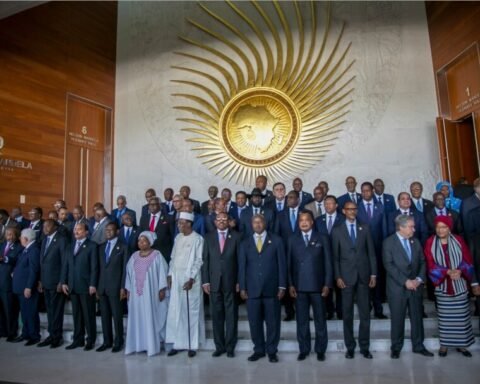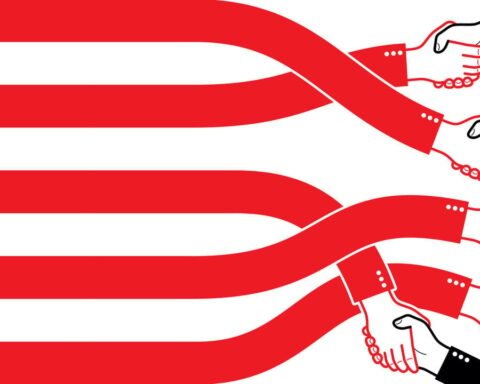President Donald Trump has reignited a decades-old controversy in the United States by signing an executive order that directs the Justice Department to prosecute individuals who burn or desecrate the United States flag.
Announced from the Oval Office on August 25, the directive imposes a mandatory one-year prison sentence for offenders, with no possibility of early release. It also carries serious consequences for non-citizens, including the potential denial of visas, revocation of residency permits, or even loss of U.S. citizenship pathways.
The order runs directly into decades of legal precedent. In 1989, the U.S. Supreme Court ruled in Texas v. Johnson that flag burning, however offensive, is a form of protected political expression under the First Amendment. A year later, in United States v. Eichman, the Court struck down federal legislation attempting to ban the act. Trump’s directive appears to test those rulings by framing desecration as incitement, rather than symbolic protest.
The announcement has divided the American public. For supporters, the flag represents national sacrifice, unity, and identity—values they argue must be shielded from deliberate acts of desecration. For critics, the order is an assault on free expression, echoing historical attempts to suppress dissent during moments of political tension. Civil liberties organizations have already indicated plans to challenge the directive in court.
Also Read; Algeria To Champion African Unity At Trade Fair
This is not the first time the issue has surfaced at the national level. For decades, Congress has debated a so-called Flag Desecration Amendment, which sought to give lawmakers the power to outlaw flag burning. Though the measure repeatedly advanced in the House, it consistently failed to secure the two-thirds vote required in the Senate. Even conservative icons such as the late Justice Antonin Scalia acknowledged the flag’s symbolic power while defending its protection under free speech laws.
The debate over national symbols is not unique to the United States. Many countries, from Germany to India, enforce strict penalties for desecrating their flags, viewing such acts as threats to national cohesion. Trump’s order may therefore resonate with nationalist movements abroad, even as it triggers strong resistance from defenders of civil liberties at home.
Legal experts predict the order will face swift court challenges, possibly returning the question of flag burning to the Supreme Court after more than three decades. With a reshaped bench more conservative than in 1989, the outcome could redefine the limits of protest in America.
At its core, the debate forces Americans to confront a difficult question: should national symbols be protected at all costs, or should freedom of expression remain absolute, even when it offends the very idea of nationhood?







